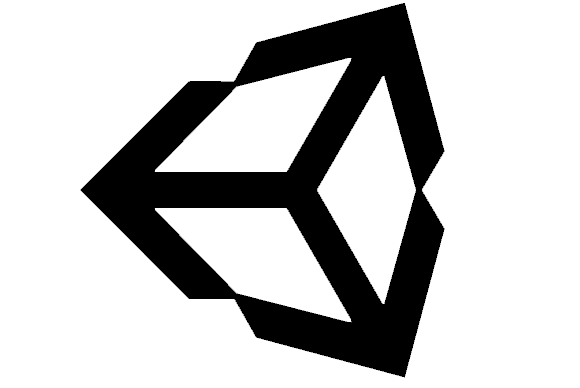Unity is a game engine and development suite that can produce dynamic 3D, 2D, VR, XR, and simulation experiences with versatile, cross-platform features. Originally designed as a game engine, Unity has extended its use into multiple industries over the years ranging from architecture to entertainment as well as documentary.
Unity allows creators to see results in-context as they work, allowing for a seamless workflow that generates and iterates content directly within the Unity Editor. This feature is particularly useful for artists and designers interested in the storytelling dimension to content creation. Unity allows scripting in C#, the use of plug-ins, render-to-texture, a built-in Visual Studio, and powerful post-processing capacities. Team collaboration and multiplayer experiences are also supported by Unity’s built-in cloud integration and version control abilities. Unity also offers a customizable editor with full API support for developers to build their own tools and scripts. Unity’s cross-platform deployment makes it a popular choice for developers, as it is compatible to every major console and operating system.
With an extensive resource library and Asset Store, users can exchange digital art assets and import them directly into their environments. Its navigation system also supports AI pathfinding tools to create compelling non-player characters (NPCs). As of 2018, around half of mobile games and around two-thirds of all AR/VR content were built through Unity, making it a preferred tool of interactive media producers.

0 comments